My code of ethics
To focus my practice, I have developed a code of ethics. Every client. Every project. Every image. This is what I stand by.
Be inclusive.
Everyone is equal in my book. I welcome and support people of all backgrounds and identities. This includes sexual orientation, gender identity and expression, race, ethnicity, culture, national origin, social and economic class, educational level, colour, immigration status, sex, age, size, family status, political belief, religion, and mental and physical ability.
Treat everyone equally.
It doesn’t matter where you were born, who you were born, or who you want to cuddle up to. Everyone deserves to earn a fair wage for a hard day’s work, and men and women should be paid an equal salary. That means in my work I treat everyone the same - from big business to sole trader - because I believe we all have the capacity for good.
Use photography as a tool for change.
I avoid stereotyping individuals, gender roles and groups in photography. I recognise and work to avoid presenting biases in my work. I want to educate clients about how we can push for more diversity in the media, and increase the visibility of underrepresented groups. Through my practice I want to consciously create images for social change.
Conduct yourself professionally.
I strive to choose my words and actions carefully. I believe in being kind, honest, having integrity, and giving the best of yourself to help others succeed. For me, it’s part of being professional, along with working towards excellence, exceeding expectations and delivering on time. In short, I work with respect.
Help your colleagues.
There is enough work for everyone in photography. I want to be a friend, mentor and colleague rather than a competitor. I want to share knowledge freely and work collaboratively to improve our industry and our art form.
Make differences into strengths.
Strength is be found through diversity. Different people have different opinions and perspectives on issues, which can be beneficial for solving problems or coming up with new ideas. Being unable to understand why someone holds a viewpoint doesn’t mean that they’re wrong.
Be pro-active as an ethical bystander.
I believe if you observe harassment, disrespectful or bullying behaviour towards another, you have a duty of care to act. Don’t ignore it. Show you don’t condone it. Ignoring the behaviour could be seen as silent approval. Don’t underestimate your impact as a bystander.
Lead with respect.
I acknowledge that photographers should treat all subjects with respect. In a situation where someone needs assistance, and no one else is present, as photographers, we have a responsibility to act rather than document.


